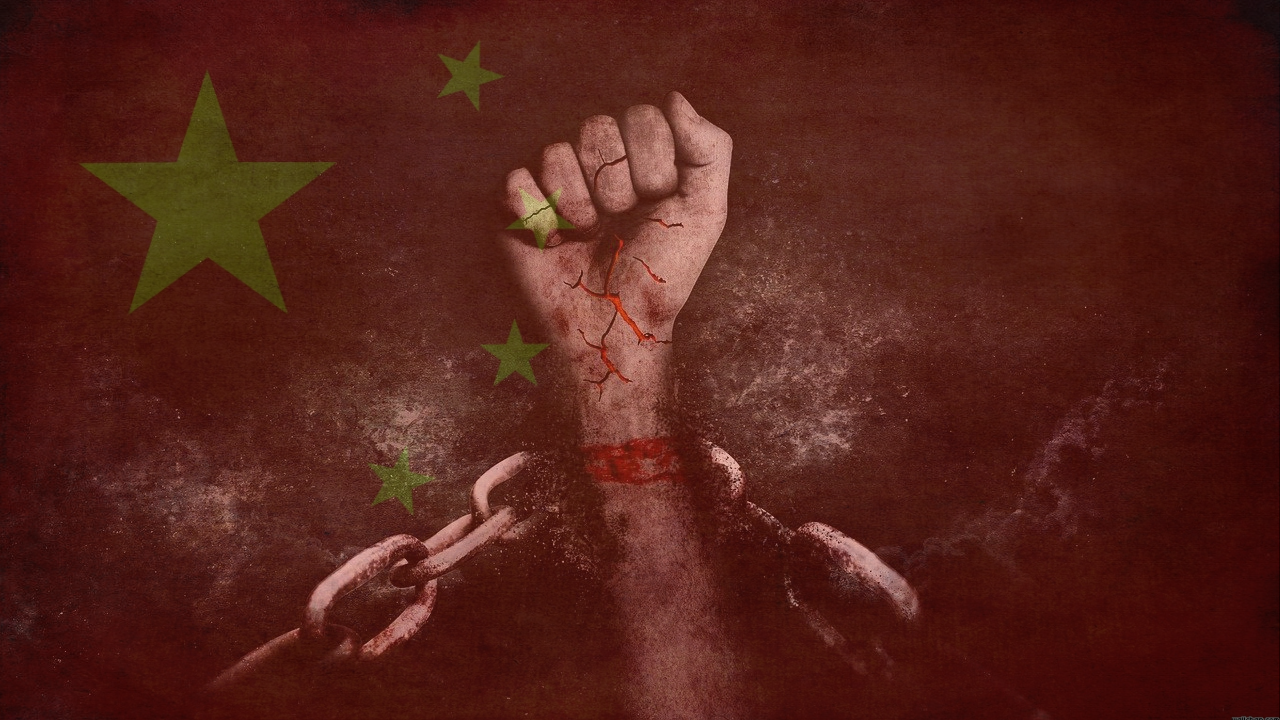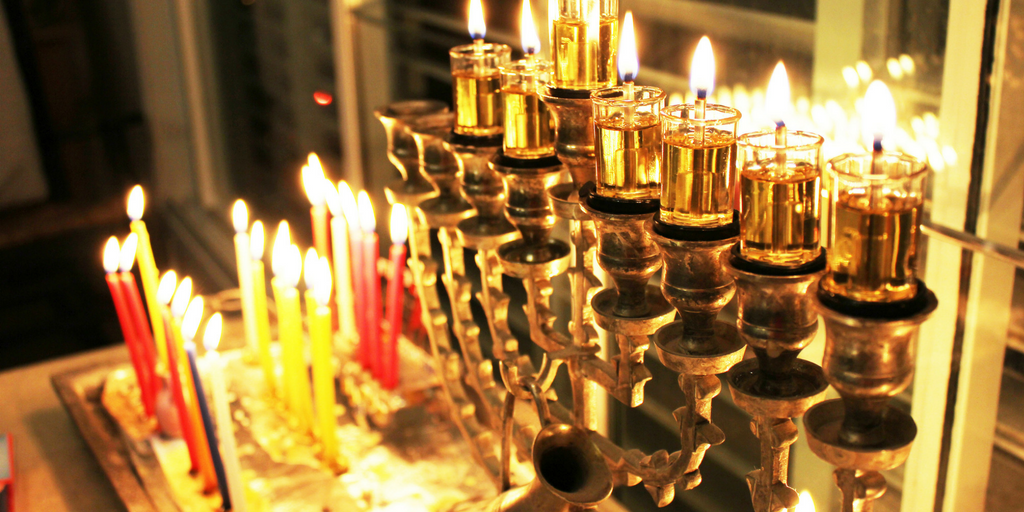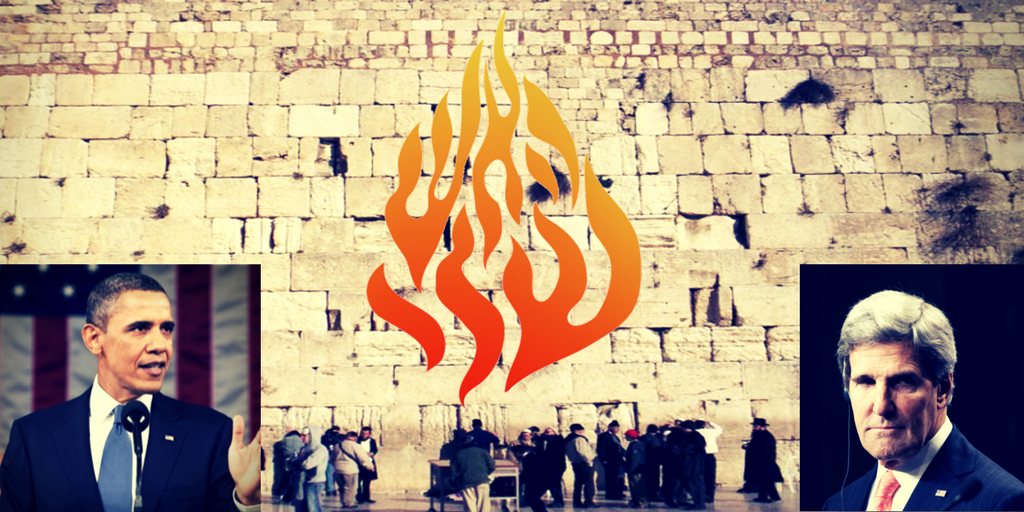Originally indited in Hebrew but surviving only in the form of an ancient Greek translation, I Maccabees is both history and a tripartite biography of Jewish leadership, covering over 40 years of eventful affairs in which courageous and tenacious rebels surmounted overwhelming odds and overthrew imperial occupiers who persecuted Jews and sought to suppress Judaism. The book was written by an unknown Judean author between 134-63 BCE, likely around the year 100 BCE. As a religious history modelled on biblical historical works, it limns a series of remarkable figures striving valiantly for religious freedom and national liberation—The Brothers Maccabee—especially Judah, Jonathan, and Simon.
Rather than a continuation of I Maccabees, the independent II Maccabees is a partially parallel digest of the Maccabean Rebellion, beginning and concluding its central narrative earlier than the preceding account and covering a period of about 15 years (corresponding to the first 7 chapters of I Maccabees). Originally indited in Greek, it summarizes 5 books previously written by a certain Jason of Cyrene and its style is more Hellenistic. The work is directed toward the Jews of Alexandria, Egypt, and seeks to enlist their solidarity with their Judean brethren in Jerusalem. Its date of composition is sometime after 124 BCE.
Initially, in response to the Hellenizing decrees and sacrilegious acts of Syrian-Greek (Seleucid) emperor Antiochus IV Epiphanes, the Hasmonean patriarch Matityahu and his sons tore their garments, wore sackcloth, and mourned. Then they put away grief, vowing not to swerve from Judaism either to the right or to the left, come what may. They withdrew into the wilderness of the Gophna Hills, living in forests and caverns, eating wild plants, making their way secretly among Judean villages, rallying their kinsfolk. Soon they recruited 6,000 loyalists, organizing them into a trained and mobile guerrilla force. They attacked imperial Seleucid soldiers and Hellenist traitors abetting the enemy using surprise and the cover of night, capturing advantageous positions and inflicting numerous reverses on their foes.
On his deathbed, Matityahu singled out Simon for his sound judgment and appointed him his successor, and appointed Judah as general for his might and bravery. Perhaps on Simon’s advice, Judah assumed command of the revolt and together the Maccabees, as they came to be known, “fought for Israel with a will.”
Following the example of their fervent father Matityahu, a zealot in the spirit of the high priest Pinhas and prophet Elijah, The Brothers Maccabee devoted and even gave their lives in the cause of their ancestors and countrymen, resisting an empire through intrepid leadership and willpower. Theirs were victories both martial and moral. Despite the occasional katabases, the Maccabees repeatedly proved resilient and resourceful. The following précis highlights their generational exploits as steadfast stalwarts in defense of tradition and homeland:
Eleazar (a.k.a. Avaran) (d. 162 BCE) The bold Eleazar proved his mettle in the battle of Beth Zechariah, charging through the Seleucids’ thick phalanx toward a royally caparisoned elephant that he presumed carried the young Antiochus V Eupator or his regent Lysias. The elephant was taller than all the others arrayed by the Seleucids, and Eleazar managed to scatter the enemy from before him in order to dart in beneath the beast, stabbing it fatally with his sword. But the elephant collapsed on top of him, and Eleazar died on the spot. He took a daring risk by attempting to target the enemy leadership, but ended up sacrificing himself in a hasty move that factored into the Judean battle loss. Eleazar was the first Maccabee brother to fall.
Judah (Yehudah, a.k.a. Maccabee) (r. 166-160 BCE) The mighty Judah overcame a series of Seleucid military commanders—Apollonius, Seron, Gorgias, Nicanor, Lysias—sent by Antiochus IV Epiphanes and his successors. He marshalled and exhorted his army to be strong, rousing them to courage, instilling in them the righteousness of “fighting for our lives and our laws.” Judah always led from the front. Like Moses, Judah organized and delegated leaders to oversee men by the thousand, hundred, fifty, and ten. He dismissed the fearful from his ranks. Undaunted, he inspired confidence in his fellows regarding their intimidating enemies, adjuring them to “not be afraid of their numbers” and “not flinch at their attack.” He disciplined his men not to plunder when further battle urgently awaited them. At the first opportunity, Judah led his brothers and the entire army to Mount Zion (Temple Mount) to purify and dedicate the sanctuary, which lay desecrated and partly ruined. He selected priests to remove the abomination of desolation (the pagan altar of Baal-Shamin), dismantle the profaned altar of sacrifice, and fashion a new altar and new sacred vessels. He did not usurp the authority of a prophet but, in December 164 BCE, did institute the celebration of the rededication of the sacrificial altar and Temple for 8 days annually on 25 Kislev—the festival of Chanukah (in 160 BCE, he also instituted the short-lived Day of Nicanor holiday annually on 13 Adar, the day before the Day of Mordechai/Purim). He built high walls with towers round Mount Zion, stationed a garrison to protect the Temple, and fortified Beit Tzur to the south against the Idumeans. He rescued persecuted Jews in Gilead, rallying stragglers as they were brought into Judea. He sought alliance with Rome in order to consolidate his position. Abandoned by over two-thirds of his army before overwhelming enemy numbers, Judah fell in battle at Elasa (near Beit Horon), and “his memory is blessed forever and ever.”
Johanan/Joseph (Yohanan/Yosef, a.k.a. Gaddi) (d. 160) The oldest brother, Johanan commanded a division of fighters under Judah and later was sent by Jonathan to lead a convoy into Nabatea to request their assistance, but he was ambushed by the raiding sons of Jambri of Medeba, captured, and killed.
Jonathan (Yonatan, a.k.a. Apphus) (r. 160-142 BCE) Appointed by the Judeans, Jonathan succeeded Judah despite being the youngest brother. Whereas Judah was a masterful military strategist and tactician, Jonathan was politically astute and adroitly played one Syrian contender for the throne against another. After defeating the great Seleucid general Bacchides with Simon’s help, Jonathan negotiated peace terms and a prisoner exchange. He recovered Jewish hostages from the Seleucids, obtained the removal of foreign garrisons, and refortified Jerusalem. He was appointed high priest by Alexander Balas circa 153 BCE and was later recognized in this role by Demetrius II and confirmed by Antiochus VI. He raised troops and manufactured arms in quantity, but was savvy enough to make a favourable impression upon Balas and King Ptolemy of Egypt when they convened at Akko. With the help of military intelligence, he won an important victory over the forces of Demetrius II at Ashdod, and routed the Seleucids at Hazor despite lacking timely military intelligence. He renewed the alliance with Rome, as well as with the Spartans. He not only enlarged the territory under Judean control but secured peace within its borders. Jonathan proved gullible, however, and was lured by a treacherous Trypho—a Seleucid usurper—into a trap at Akko, costing him his freedom and the lives of a thousand of his men. He soon died a prisoner at Baskama, northeast of the Kinneret.
Simon (Shimon, a.k.a. Thassi) (r. 142-134 BCE) Wise and patient, Simon succeeded Jonathan and lent his support to Demetrius II, who regained the Seleucid throne. Both Demetrius II and his successor Antiochus VII Sidetes recognized Simon as high priest, military governor, and ethnarch of the Jews. With their political independence restored, the Judeans approved Simon’s titles and his hereditary rule was established. Simon renewed the treaty with Rome and ushered in an era of stability and prosperity. He fortified and provisioned Judean fortresses, reconquered Jaffa, Beit Tzur, and Gezer, and expelled the die-hard holdouts from the Akra citadel in Jerusalem. “He established peace in the land, and Israel knew great joy. Each man sat under his own vine and fig tree, and there was none to make them afraid.” Tellingly, Rome and Sparta initiated the renewal of their treaties with Judea during Simon’s tenure. Like Jonathan before him, though, an aged Simon proved credulous in his dealings with the mercurial Seleucids. Antiochus VII Sidetes turned against the Jews, and Simon’s son-in-law Ptolemy, ambitious and currying favor, lured Simon and two of his sons into a deadly banquet at the desert fortress Dok, overlooking the plain of Jericho. Only Simon’s son Johanan Hyrcanus, who had not been present, survived to perpetuate Hasmonean rule.
I & II Maccabees make clear Judah’s central concern for the welfare of the Jewish People and for the common good. In warfare, Judah could act pre-emptively and vengefully: The Hammerer struck mightily. Yet he was also inclined to diplomacy and during his campaign in Gilead he offered or accepted peace terms whenever reasonable opportunities presented themselves. He invoked God and frequently recalled Jewish history to his fighters to hearten them against the always daunting odds. Above all, Judah recurrently encouraged and exhorted his forces to remember all that they were fighting for, and to trust in divine favor. He was motivated as “a man who had devoted himself entirely, body and soul, to the service of his countrymen, and had always preserved the love he had felt even in youth for his people…”.
Jonathan and Simon evinced skill on the battlefield and deftness in the political realm, conducting successful negotiations and assuming responsibilities while insisting on their national rights. They engaged in diplomacy when possible, waged war when necessary, and displayed loyalty according to their international treaties. Unlike Judah, however, Jonathan and Simon did not maintain the separation of power between political ruler and sacerdotal leader, and although the Hasmoneans were Jewish priests originally from Jerusalem and could trace their descent to the priestly Jehoiarib line, they were not next in the priestly line of succession. The rightful heir was Honya/Onias IV, who had previously fled from Judea after the accession of Alcimus (Eliakim) to the high priesthood so as to establish a temple in Leontopolis, Egypt circa 154 BCE. Thus the Hasmonean brothers incurred resentment both for assuming the high priesthood out of turn and for the worse offense of arrogating to themselves the de facto kingship (their familial successors Judah Aristobulus and Yannai Alexander would claim the de jure kingship), which properly belonged only to the descendants of King David. For these reasons, therefore, both the high priesthood and kingship of the Hasmoneans were to some extent tainted with illegitimacy, which engendered what is believed to be their negative depiction in the Essenes’ Dead Sea Scrolls. Nonetheless, Jonathan and Simon rebuilt and refortified Judean sites and earned the enduring gratitude and fealty of the Jews—fighters and civilians alike—even above and beyond that which Judah had enjoyed.
Not all who would lead were of the same caliber as The Brothers Maccabee; even in their own day, there were would-be heroes “not of the same mold as those to whom the deliverance of Israel had been entrusted.” Likewise, not all rebels were equally zealous for the Torah and ancestral ways: underlings who had accepted bribes from besieged adversaries were dealt with severely. Moreover, the popular Hasidean party (forerunners of the Pharisees) which had joined the Maccabean army were prematurely satisfied when religious freedom had been reclaimed, but the Maccabees understood that without their national sovereignty reestablished, Jewish freedoms would forever be subjected to the capricious whims of this or that foreign occupier.
When a hostile Antiochus VII Sidetes sent Athenobius to Jerusalem to reprimand Simon Maccabee for “occupying” Jaffa, Gezer, and the Akra citadel in Jerusalem, threatening war unless these were surrendered or steep extortion payments were made for them, Simon responded calmly with the wisdom for which his father Matityahu had commended him decades earlier: “It is not any foreign land that we have taken, nor any foreign property that we have seized, but the inheritance of our ancestors, for some time unjustly wrested from us by our enemies; now that we have a favorable opportunity, we are merely recovering the inheritance of our ancestors.”
During an epoch of deep mourning throughout Israel, when “the very land quaked for its inhabitants and the whole House of Jacob was clothed with shame,” The Brothers Maccabee arose to meet the challenge of their age and uphold the faith of their forebears, each making the ultimate sacrifice in order to restore freedom of religion and national independence to the Jewish People.



